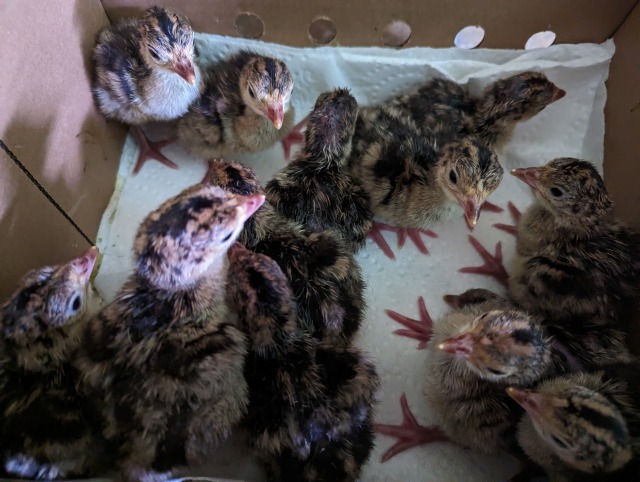A Comprehensive Guide to Raising Turkeys: Nutritional Needs and Protein Requirements
Raising turkeys can be a rewarding endeavor, whether for meat production or as pets. To ensure their healthy growth and development, it is crucial to understand their nutritional needs, particularly in terms of protein levels. In this blog, we will explore the scientific and factual aspects of turkey nutrition and provide valuable insights for successful turkey rearing.

Understanding the Nutritional Needs of Turkeys:
Turkeys require a well-balanced diet consisting of various nutrients to support their growth, immunity, and overall health. These nutrients include proteins, carbohydrates, fats, vitamins, minerals, and water. Among these, proteins play a vital role in turkey development.
Protein Requirements for Turkeys:
Proteins are essential for muscle and tissue development, as well as the production of enzymes and hormones. Turkeys have higher protein requirements compared to other poultry birds. For young poults (turkey chicks), a starter feed with a protein content of 28-30% is recommended. As they grow older, their protein requirements decrease, and a feed with 20-24% protein is suitable for adult turkeys.
Sources of Protein for Turkeys:
Protein can be derived from both animal and plant sources. For turkeys, high-quality animal-based proteins such as poultry meal, fish meal, and meat by-products are commonly used. Plant-based proteins like soybean meal, canola meal, and sunflower meal are also incorporated into their diet. A balanced combination of these protein sources ensures optimal growth and development. The farm uses Black Soldier Fly larvae ground up and added to their feed as poults and given whole as treats once they become a bit older.

Considerations for Nutritional Management:
a. Amino Acids: Apart from protein quantity, the quality of protein is equally important. Turkeys require specific amino acids like lysine, methionine, and tryptophan for proper growth. Feed formulations should address these amino acid requirements to avoid deficiencies.
b. Vitamin and Mineral Supplements: Turkeys need adequate amounts of vitamins and minerals to support their immune system, skeletal development, and overall health. Vitamin E, selenium, and vitamin D3 are crucial, so incorporating a balanced vitamin and mineral supplement is recommended.
c. Water Provision: Access to clean and fresh water is essential for turkeys. It helps maintain proper digestion, temperature regulation, and overall hydration. Ensure a steady supply of water throughout the day.

Consultation and Expert Advice:
To ensure the best possible nutrition for your turkeys, it is advisable to consult with a poultry nutritionist or veterinarian. They can provide tailored advice based on the specific requirements of your turkeys and the local conditions.
Proper nutrition, including adequate protein levels, is fundamental to raising healthy turkeys. Understanding their nutritional needs and incorporating a balanced diet can help ensure optimal growth, development, and disease resistance. By following scientific guidelines and seeking expert advice, you can provide your turkeys with the best nutrition possible, setting the stage for their overall well-being and success in your turkey-raising venture.
Candace
Breezy Bird Farms
